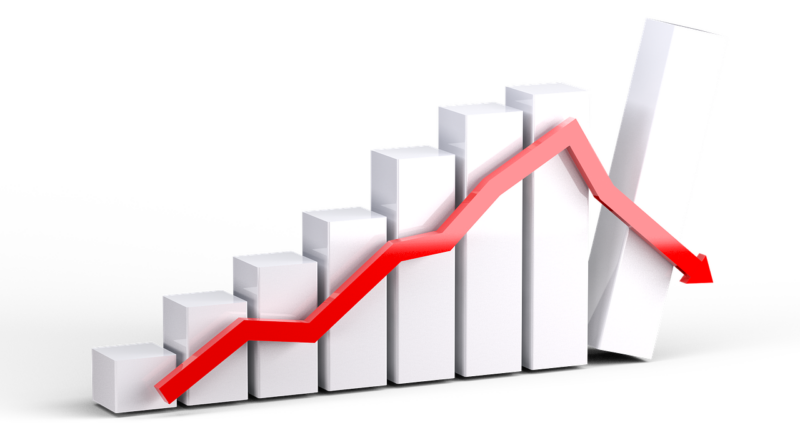Global Recession
A global recession is an extended period of economic decline that affects multiple countries and regions around the world. It is characterized by a significant contraction in economic activity, including declines in gross domestic product (GDP), employment, trade, and investment.
A global recession typically begins with a downturn in one or more major economies, which then spreads to other countries through trade, investment, and financial linkages. The causes of a global recession can vary, but they often include factors such as a financial crisis, an economic shock (such as a sudden drop in commodity prices), or a systemic issue affecting the global economy (such as the COVID-19 pandemic).
During a global recession, businesses and individuals may experience reduced demand for goods and services, declining incomes, rising unemployment, and financial instability. Governments and central banks may respond by implementing monetary and fiscal policies to stimulate demand and support economic growth. However, these policies may not be effective in ending the recession, and it may take several years for the global economy to recover.
Surprisingly enough, the current fear for a global recession it present at the same time as even more investors are afraid of inflation.
More on Global Recession
Why would a global recession be of importance to forex traders?
A global recession can be of great importance to forex traders because it can have a significant impact on the global financial markets and the value of currencies. Here are some reasons why:
- Economic Performance: During a global recession, economic activity slows down, leading to a decrease in demand for goods and services. This can cause a decrease in demand for currencies associated with countries that are affected by the recession, potentially leading to a decrease in value.
- Central Bank Response: Central banks may respond to a global recession by implementing monetary policy measures to stimulate economic growth and stabilize the financial system. These measures can include interest rate changes, quantitative easing, and other measures. Forex traders closely monitor these responses and adjust their trading strategies accordingly.
- Flight to Safety: During a global recession, investors may become more risk-averse and seek safer assets, such as government bonds, the US dollar, or the Japanese yen. This flight to safety can cause these currencies to appreciate in value while causing other currencies to depreciate.
- Trade and Capital Flows: During a global recession, international trade and capital flows can decrease as countries cut back on spending and investment. This can have a significant impact on currencies associated with countries that are heavily dependent on trade or capital flows, potentially leading to a decrease in value.
In summary, forex traders closely monitor the potential for a global recession and its potential impact on the global financial markets and currency values. By staying informed about these events, forex traders can make more informed decisions about when to buy or sell a particular currency pair.





